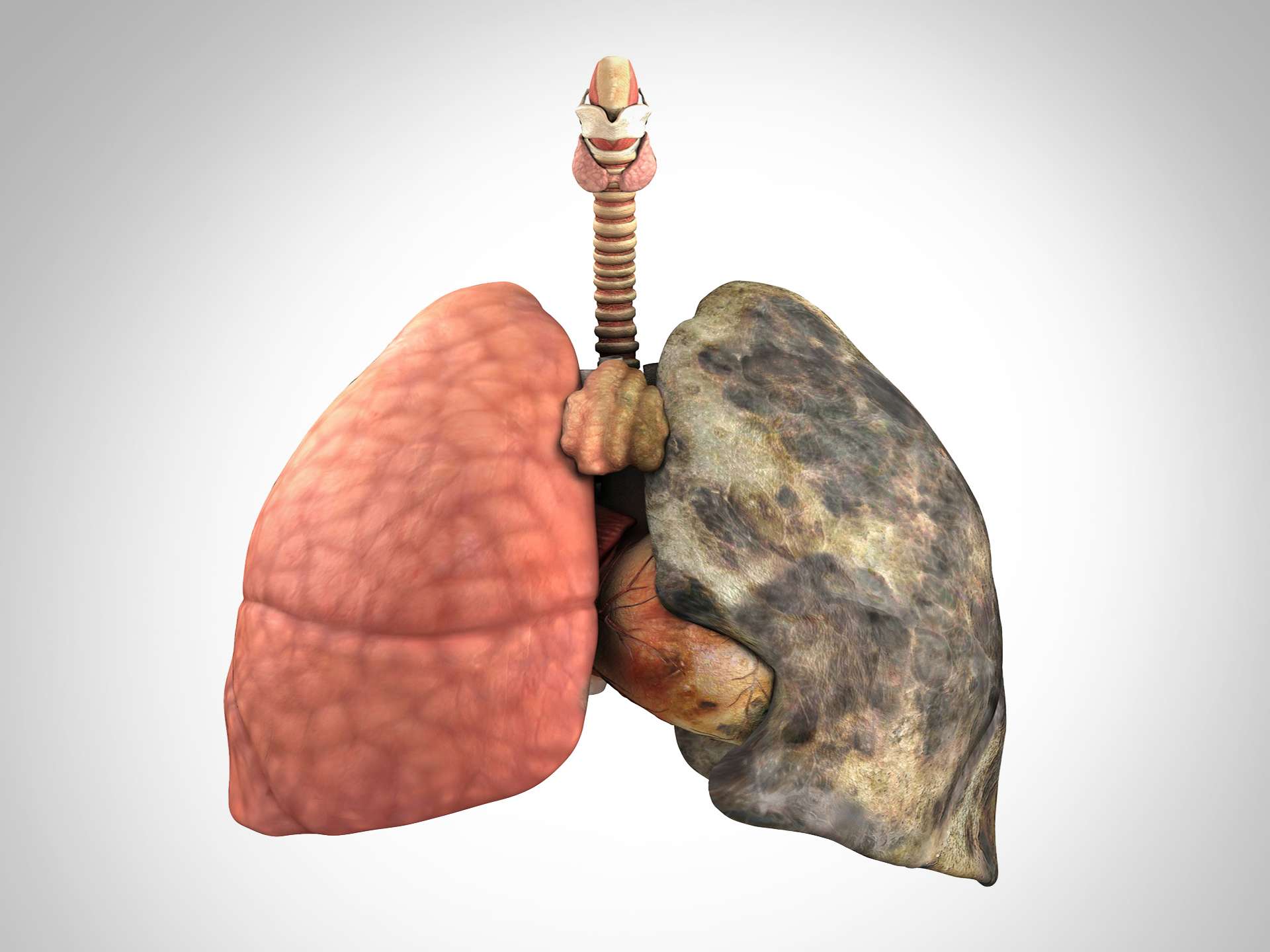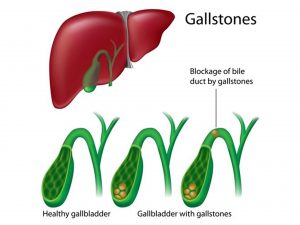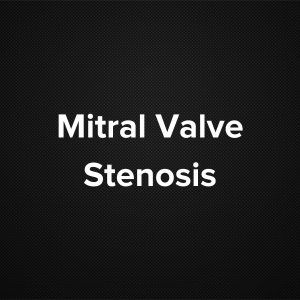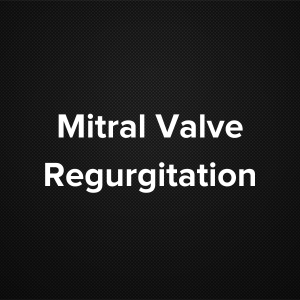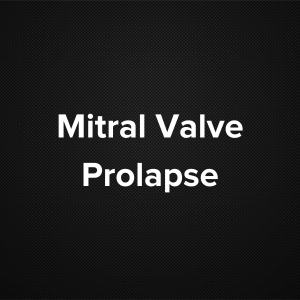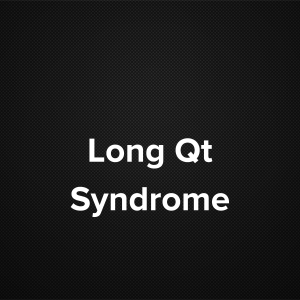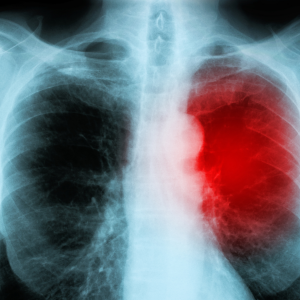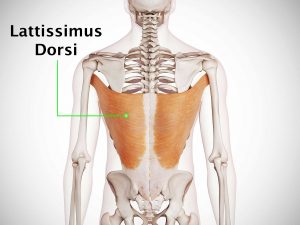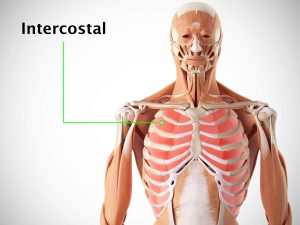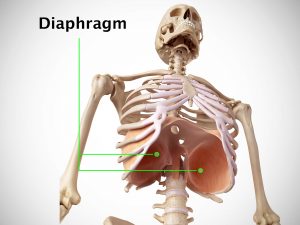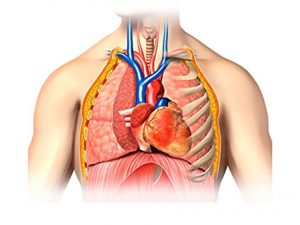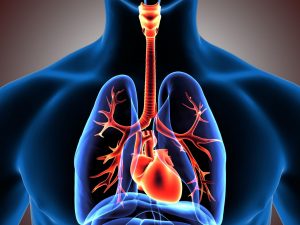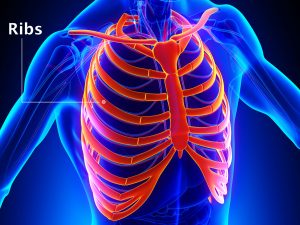The most common symptoms of Pulmonary hypertension are:
- Shortness of breath
- Dizziness
- Chest pain
- A racing heartbeat
- Fainting
- Swelling of legs
Special screening methods like echocardiography can help to detect escalating pressure on the pulmonary arteries.
Some people may not have any symptoms in the early stage. Some develop shortness of breath while walking, feel fatigued and dizzy and might even have cough or swelling in the legs.
The causes can be variable. There can be some unknown causes. Valve disease can lead to pulmonary hypertension.
Even children are affected due to it.
Some may respond well to medicines but for severe cases the only solution is lung transplant, so you can appreciate the dangerousness of this ailment.
High pressure in the arteries of lung can also damage vital organs like heart and liver.
